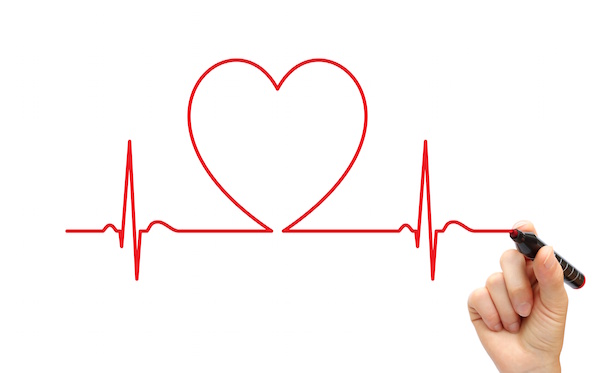
TUESDAY, April 5 (HealthDay News) — People with high blood pressure and impaired glucose tolerance seem to fare equally well when given two separate types of heart drugs, new research suggests.
Although an angiotensin II receptor blocker (ARB) and a calcium channel blocker were both effective in this patient population, one difference did emerge, according to a presentation given Tuesday at the annual meeting of the American College of Cardiology in New Orleans: People taking Diovan (valsartan), an ARB, had a lower incidence of being hospitalized for congestive heart failure.
“We could not find any differences between the two groups in terms of blood pressure control and hemoglobin A1c levels, and we couldn’t find any difference in the primary composite endpoint between the two groups,” said study author Dr. Toyoaki Murohara, a professor of cardiology at Nagoya University Graduate School of Medicine in Nagoya, Japan. “But if we look into each component of the primary endpoints, only in heart failure was [the ARB] superior.”
The composite endpoint looked at incidence of heart attack, stroke, coronary revascularization, sudden cardiac death and congestive heart failure together.
“We support the current guidelines to use ARBs or ACE inhibitors for diabetic or hypertensive patients,” added Murohara, who spoke at a Tuesday teleconference.
Although both classes of drugs treat blood pressure, it’s been unclear which might be better for patients with both hypertension (high blood pressure) and glucose intolerance, be it type 2 diabetes or the condition known as “prediabetes.”
“Hypertension and type 2 diabetes or impaired glucose tolerance are major risk factors for cardiovascular disease,” Murohara noted.
The researchers randomly assigned 1,150 Japanese men and women who had both hypertension and either type 2 diabetes or impaired glucose tolerance to Diovan or Norvasc (amlodipine), a calcium channel blocker.
After an average follow-up of a little over three years, there were essentially no differences in incidence of heart attack, stroke, coronary revascularization, sudden cardiac death or overall death. But significantly fewer patients in the Diovan group needed to be hospitalized for congestive heart failure (three patients in the Diovan group versus 15 in the Norvasc group).
Both groups showed reductions in blood pressure and hemoglobin A1c levels (a measure of blood sugar over time).
“For diabetic patients, we might want to use an ARB, but for prediabetic, hypertensive patients, there doesn’t seem to be any difference in outcomes between the two groups,” said Dr. Suzanne Steinbaum, a preventive cardiologist with Lenox Hill Hospital in New York City.
Steinbaum added that the information should not be completely new to most cardiologists.
A second study presented at the same meeting suggests that an individual patient’s risk factors should be taken into account when deciding how to treat elderly people with hypertension.
This study, from Kumamoto University in Japan, found that giving an ARB plus a calcium channel blocker was more effective than a high-dose ARB alone at reducing events in elderly people with cardiovascular disease.
But, in people with type 2 diabetes, a high-dose ARB was better even though it actually controlled blood pressure less effectively.
The study enrolled more than 1,000 Japanese men and women with cardiovascular disease or type 2 diabetes whose blood pressure was not being controlled with the ARB Benicar (olmesartan).
Research presented at meetings should be considered preliminary until published in a peer-reviewed medical journal.
More information
The American Heart Association has more on hypertension.

